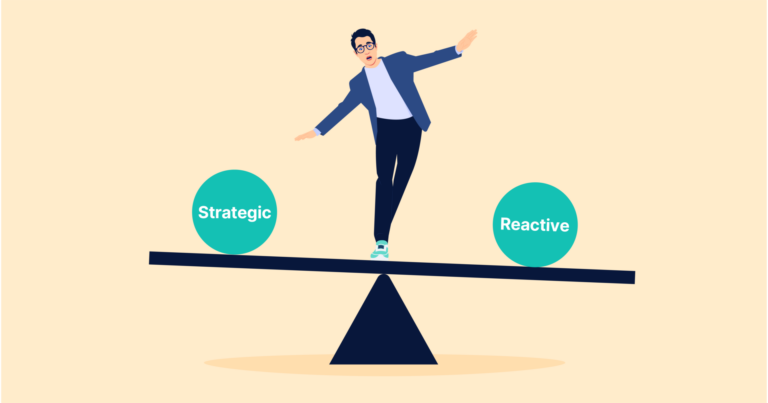

In simple terms, GC is responsible for the legal matters of the organization whereas a CLO has a much wider remit, integrating the legal team and issues with the wider organization, the aim being to improve company performance, of which legal is just a part.
GC is regarded as a traditional executive role, that of managing the legal compliance and corporate governance of a company. General Counsel handles court negotiations, conveys legal advice to the executives, manages the legal team and oversees compliance regulations.
The CLO is a C-Suite position that acts as a linchpin between the business and legal teams. As well as possessing legal depth, an effective CLO will also have business acumen and act as a strategic partner to the executive team. As everyone is different, every individual’s take on what they deliver as a CLO will differ.
However, some key objectives should be present:
Firstly, leading with metrics to manage outside counsel expenditure, reduce contract cycle times, and satisfying internal legal requests. A CLO should marry these metrics to company-wide objectives and demonstrate to their team that good legal performance, in turn, reflects positively on the metrics of the company. For instance, understanding that a reduction in contract cycle time relates directly to a reduction in cost to the business and an increase in revenue.
Technology is also a huge part of the CLO’s role, more specifically integrating technology into the daily practice of the legal team that creates efficiency. Perhaps one of the most valuable assets a CLO can provide over GC, is their ability and vision to modernize the legal team by harnessing technology such as matter management, contract AI and workflow tools to create best for business outcomes. This doesn’t come without its hurdles, however, as it means recalibrating the mindset and upskilling lawyers who are change averse and hesitant to adopt new technology.
Finally, being an integrator is paramount to the success of a CLO – they act as the middleman between the legal and executive teams and the wider business. This is achieved by understanding where individuals within the legal team could be best positioned to use their skill sets to align with another business unit and create fruitful lateral relationships.


